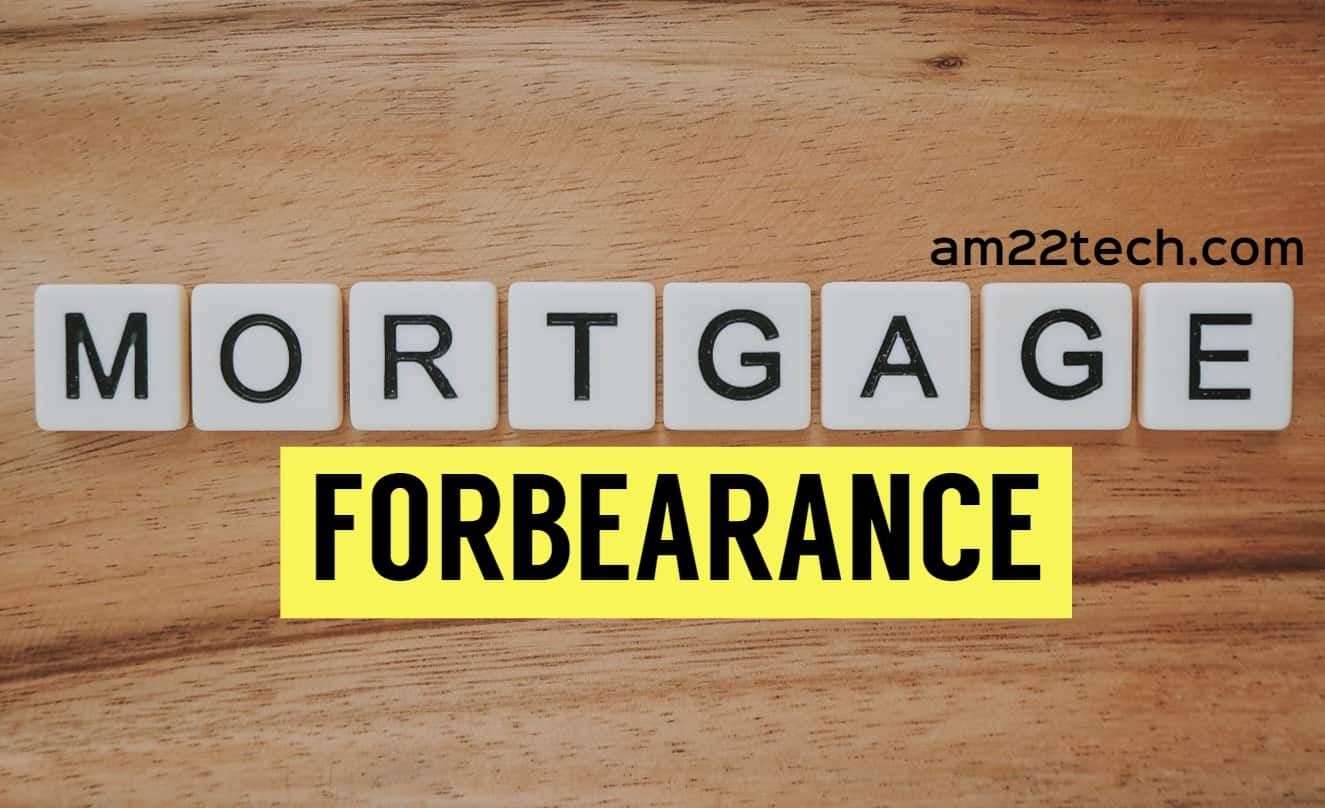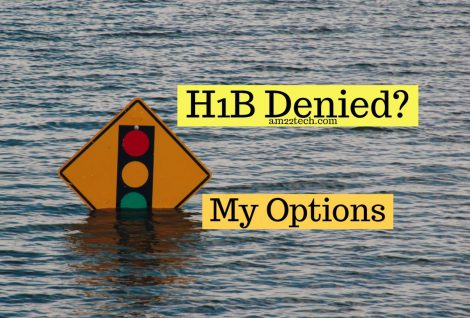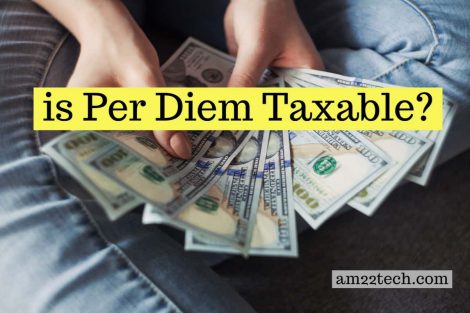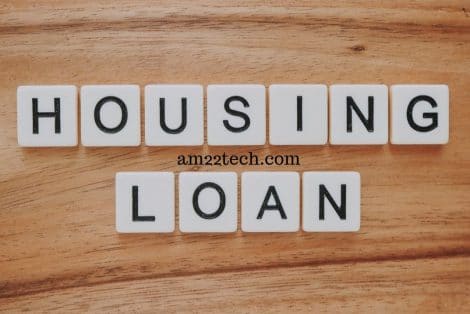Mortgage Forbearance Cares ACT may be a public charge. The plan is available under Stimulus act only for federally backed mortgages.
Your own mortgage lender may offer you a similar plan but will not be governed by CARES Act rules and hence would not be a public charge.
This article will discuss:
What is Mortgage Forbearance?
The forbearance plan just helps you delay or reduce the monthly payment. You will still have to pay for the installment later. The interest is not stopped and hence, it makes the forbearance a bad financial decision if you can pay but still choose it.
The concept is similar to education or student loan where you start paying after completion of your studies but the interest keeps accruing.
Can H1B, L1 workers Opt for Forbearance?
If you are working on a work visa like H1B, L1 in the USA, and have opted for a home loan moratorium offered by your private bank, you are fine. You should check your loan type to find if the federal government has backed it or not.
Federally backed mortgages are defined as mortgages for single-family homes that are:
- purchased or securitized by Fannie Mae or Freddie Mac;
- insured by the Federal Housing Administration (FHA), including reverse mortgages or Home Equity Conversion Mortgages (HECMs);
- guaranteed, directly provided by, or insured by the Department of Veterans Affairs (VA);
- guaranteed, directly provided by, or insured by the Department of Agriculture (USDA); or
- guaranteed under HUD’s Native American or Native Hawaiian Home Loan Guarantee programs.
I suggest not to opt for forbearance if you have taken the federally backed loan. The costs of these programs will be borne by the federal agencies and government-sponsored entities that own or guarantee the loans. This may or may not be considered a public charge by USCIS in the future. There is no clear guidance available yet.
If you do not know if your mortgage if federally back, you should contact the company where you send monthly loan payments.
Mortgage forbearance will not affect your credit history as long as you are stopping payments explicitly in agreement with the bank.
Banks do report mortgage payment delay to credit rating agencies like Experian but if the bank has allowed you to stop your monthly payments explicitly under the mortgage forbearance scheme, then they will not report the missed payments.
Do make sure that “no reporting” to credit agency is part of your forbearance contract before you sign.
In the CARES Act forbearance, banks will not be allowed to report negative credit. They will report the “current” payment.
Mortgage forbearance only means that you are delaying your mortgage payment by a fixed number of months.
Example:
If your mortgage provider allows you 3 months of forbearance, you can avoid paying payments for 3 months. These 3 months’ installment will still be required to be paid later.
Your total mortgage loan will increase by 3 months in this case.
The only relief is delaying the payments.
Anyone including legal visa workers in the US can use mortgage forbearance if it is allowed by your bank or mortgage service company.
Mortgage forbearance should not be considered a public charge by USCIS if your forbearance costs are not borne by the federal or state government.
My suggestion is to stay away from forbearance if the loan is backed by the Federal government.
In private bank forbearance contracts not covered by CARES act, there is no government subsidy and hence they are not counted as a public charge for your future Green card application.
If you have an option of mortgage refinance with a lower interest than the current APR, I suggest going for refinancing than forbearance.
Forbearance will hurt more in the long term. It is always better to keep paying.
Mortgage forbearance is not reported to USCIS by banks. Forbearance is not a public charge as per current information.
But do note that the onus of providing information about all help that you seek is on you. USCIS forms now have the public charge section and you have to sign it under penalty of perjury.
So, even if they ignore any of those things, you are bound to tell them yourself.
If you are asked about it in your visa interview at the US embassy, you should disclose the details. Do not hide anything.
If you have taken forbearance based on the CARES Act of 2020, then the lump sum payment is not required at the end of the plan period as confirmed by Fannie Mae and Freddie Mac, unless you choose to.
Your loan term will increase by adjusting your interest in future installments.
Eligible Credit Score
Mortgage Forbearance credit score is usually 700+. Banks like Wells Fargo, Chase, and other credit Unions might set their own credit score and may change the plan based on your job profile.
If you have an active job, you should be able to get forbearance easily. If you have lost your job and you are on a visa like H1B or L1, the chances of getting relief are low as you might need to leave the US per your visa terms.
But again, it depends on your situation. If you have an active income from your dependent like H4 EAD or L2 EAD, then I suggest to use it to show your family income while applying for Mortgage payment relief.
You will need:
- Mortgage Statement
- Total Monthly Family Income details – Pay stubs will work
- Total Monthly Family Expenses
- Explanation of why you cannot keep making the mortgage payments
Is Mortgage Forbearance Good?
I do not suggest to go for Mortgage Forbearance as long as you have a job or enough savings to keep paying your installment.
Note that forbearance plan only helps you delay the payment but still accrues interest on the pending loan. This simply means that you will still pay the interest, but with a delay.
If you understand how economics works, this does not make a good financial plan unless you have lost your job or have no savings to continue paying.
Example:
If you choose to delay 3 payments, you will add up on three month’s interest without reducing the principal by a single penny. This will certainly increase your total loan term by at-least 4 months which was 3 months without the forbearance.
Need Help File Application?
Support
Use hassle-free visa extension and EAD filing service to file your application with USCIS
Visa status issues consultation includedQuick Service
Filed within 1-2 days if you have all the documents ready and uploaded
Emergency service availablePhoto
You click, we edit photos as per US visa requirements to remove background, align face and shoulders
Photo printing includedMy suggestions:
- No Forbearance at all should be your first choice.
- Lower monthly payment than an actual installment should be the second choice.
- Stopping Payment for 1-3 months should be the last option.
Forbearance Plans
Most forbearance plans fall in these two categories:
- Add missed months to your final loan term OR
- Full Repayment: Pay full missed payments as lump sum amount at the end of the forbearance period
- Modify APR and reduce monthly payments to adjust missed Payments
As per my financial sense, all options are bad even if it does not affect your credit history.
You will be paying extra interest at the end of the forbearance period. Note that the bank will never lose money. They are in the business of making money by interest and they never stop it.
In fact, if you choose to go this route, Bank or the Credit Union will be more than happy to help you and may even increase your APR for the forbearance period. It’s a vicious circle where you will pay more to not pay for a small period of time!
I strongly advice to stay away if you can.
Foreclosure vs Forbearance
US National consumer Law center has provided all Foreclosure alternatives for COVID-19 hardships here. In other words, these are all forbearance options.
Note that the government itself calls it ‘foreclosure alternatives’ which should warn you that use if only if are on the verge of foreclosing. You are essentially only delaying the problem.
I would also suggest going for payment delays if your only option to foreclose at this time.




